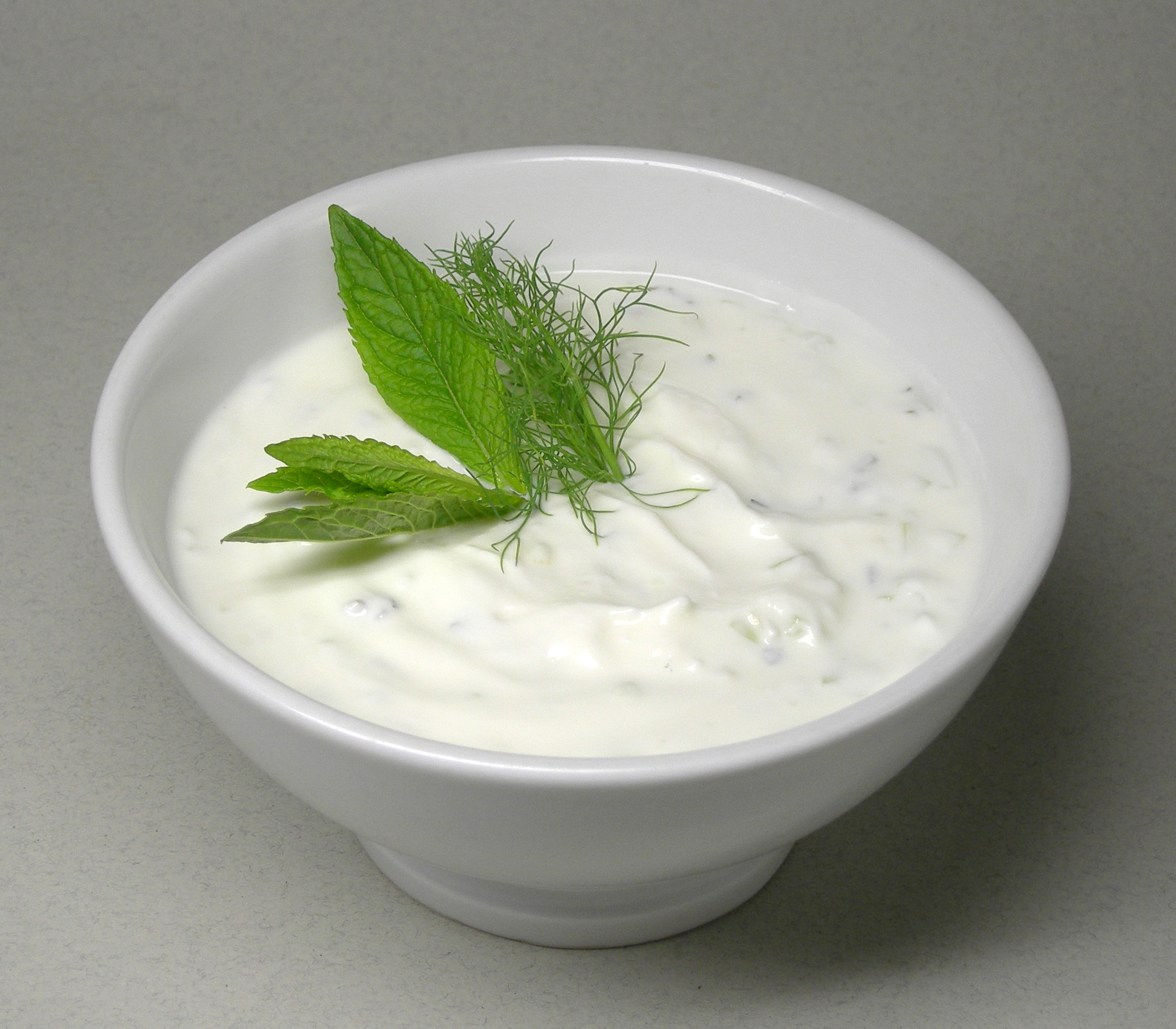Table of Contents
Principle
In the absence of oxygen, cells may decide to utilize the pyruvate from glycolysis to rapidly generate additional ATP molecules in a process called fermentation.
Fermentation is the anaerobic process of reducing pyruvate to generate ATP.
Fermentation uses the NADH generated from glycolysis as the reducing agents. This process also generates CO2 as a waste molecule as pyruvate is broken down into a 2-carbon compound. Alcohol fermentation is a familiar process that occurs in yeast to generate ethanol. In other organisms, like humans, fermentation results in the production of lactic acid without producing CO2.
Both lactic acid and ethanol are toxic, but this aids the cells in generating ATP when energy is required rapidly.
Food made by fermentation
Rising dough









